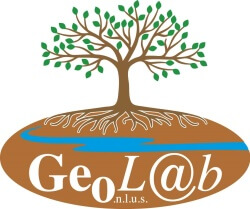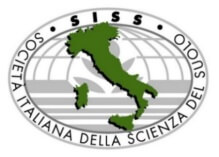Innovative utilization of dairy processing sludge for biochar production and wastewater treatment
DOI:
https://doi.org/10.6092/issn.2281-4485/21168Keywords:
Biochar, BioCharan, Dairy processing sludge, Pyrolysis, Wastewater treatmentAbstract
This study investigates the potential of transforming dairy processing sludge (DPS) into biochar, a promising product for tackling wastewater contamination. DPS contains a variety of harmful pollutants such as antimicrobial agents, hormones, pesticides, disinfectants, and microplastics, all of which pose considerable environmental threats. Through pyrolysis, DPS can be converted into biochar, offering a sustainable solution for cleaning up polluted water. The study presents an innovative biochar production technique known as BioCharan, which utilizes a modified oil tin container for small-scale, on-site processing, operating at pyrolysis temperatures between 250°C and 350°C.The resulting biochar from DPS displayed favorable chemical properties, including 40.067% carbon, 5.354% hydrogen, and 2.743% nitrogen content. Fourier transform infrared (FTIR) spectroscopy identified the functional groups, while x-ray diffraction (XRD) analysis revealed the crystalline structures. Its high porosity and surface area enhance its ability to adsorb contaminants, making it highly effective for wastewater treatment.A filtration system combining biochar and river sand showed exceptional performance in removing pollutants, with reductions of 83.71% in total suspended solids (TSS), 66.82% in oil and grease, 42.86% in chemical oxygen demand (COD), and 31.55% in biochemical oxygen demand (BOD). Other contaminants like sulphate, phosphate, nitrate, total Kjeldahl nitrogen (TKN), total dissolved solids (TDS), and fluoride were also significantly diminished. Additionally, the pH of the treated water increased from 6.30 to 6.74, reflecting the biochar’s ability to neutralize acidic conditions. This method not only provides an effective way to treat wastewater but also offers an eco-friendly solution for the disposal of DPS.
Downloads
Published
How to Cite
Issue
Section
License
Copyright (c) 2025 Mohammad Afsar Ali, Hajari Singh, Mahendra Pratap Choudhary

This work is licensed under a Creative Commons Attribution 4.0 International License.









